Publications
Articles, publications, books, tools and multimedia features from the U.S. Institute of Peace provide the latest news, analysis, research findings, practitioner guides and reports, all related to the conflict zones and issues that are at the center of the Institute’s work to prevent and reduce violent conflict.
Question And Answer
Whither NATO at 75?
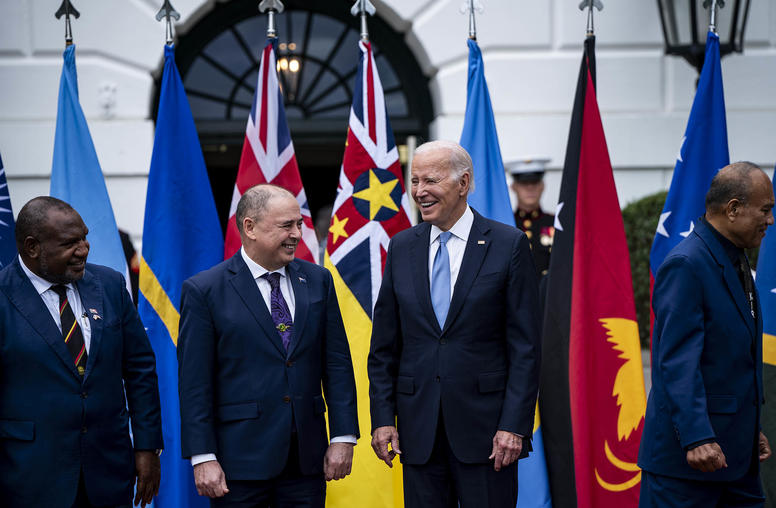
U.S. Approach to COP28 Will Shape How it is Perceived in the Pacific
Pacific Island nations will be attending the 2023 U.N. Climate Change Conference of Parties (COP28) in Dubai this week with their concerns well known. USIP’s Gordon Peake discussed what the island states will expect from the summit, how the U.S.-China strategic competition is playing out in the region and what more the United States can do to build support in the region.
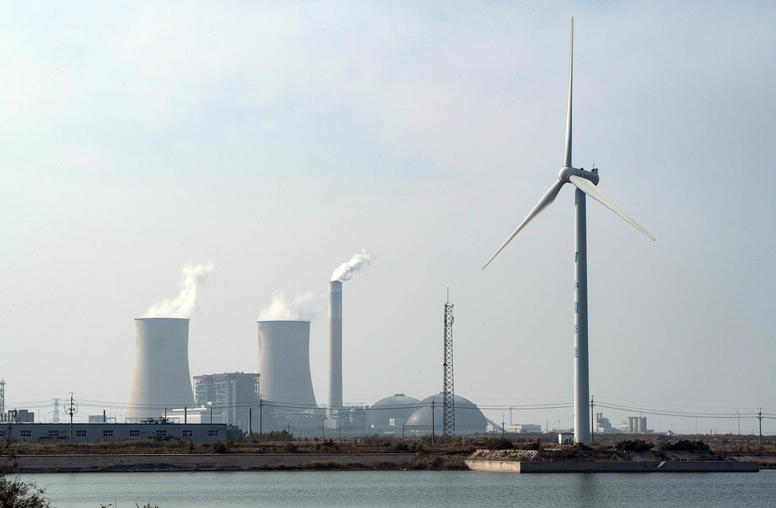
The Outlook for COP28: Fighting, Fighting Everywhere, with Progress on the Line
The 2023 U.N. Climate Change Conference of Parties (COP28) risks becoming two December weeks of negotiations in Dubai rife with visible conflicts: With the chair of COP28 perceived by many as having conflicts of interest with the oil and gas industry, a newly released Global Stocktake report highlights how far global action is from achieving the goals of the Paris Agreement.

Climate Adaption Key to Iraq’s Stability and Economic Development
Iraq is projected to be among the five countries hardest hit by the impact of climate change. The country is already witnessing depreciating water supply and accelerating desertification, leading to the loss of as much as 60,000 acres of arable land each year, according to Iraqi government and United Nations sources. These climate phenomena threaten the livelihoods and food security of Iraq’s population of an estimated 43 million, creating conditions for displacement, instability and a deterioration of social cohesion. The water crisis has grown steadily amid severe drought, upstream damming practices in Turkey and Iran, and increased domestic consumption within Iraq’s borders.
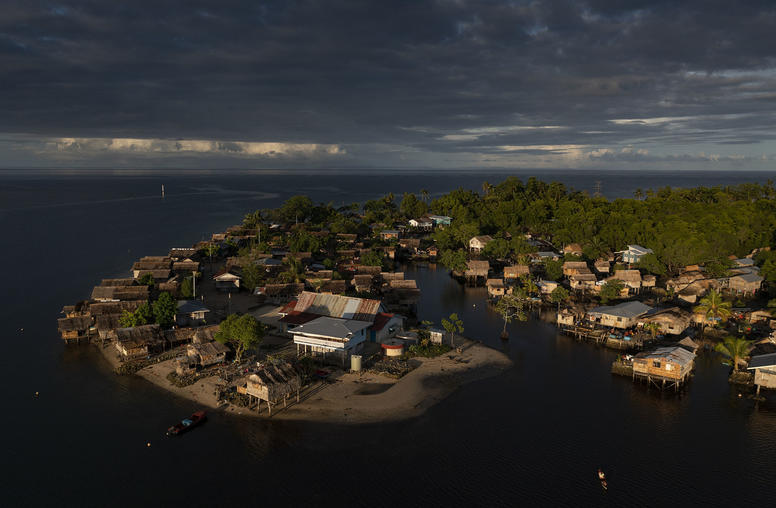
Pacific Island Nations Seek Climate Solutions Outside of COP28
While the Pacific Islands are responsible for less than 1 percent of total global greenhouse gas emissions, they face disproportionate impacts from climate change. These impacts are wide ranging: rising sea levels, salinization and dwindling availability of fresh water, increasing and more intense tropical storms, floods, drought, ocean acidification and coral reef bleaching. Already, NASA finds that sea level rise in Tuvalu is 1.5 times faster than the global average — and is expected to more than double by 2100.
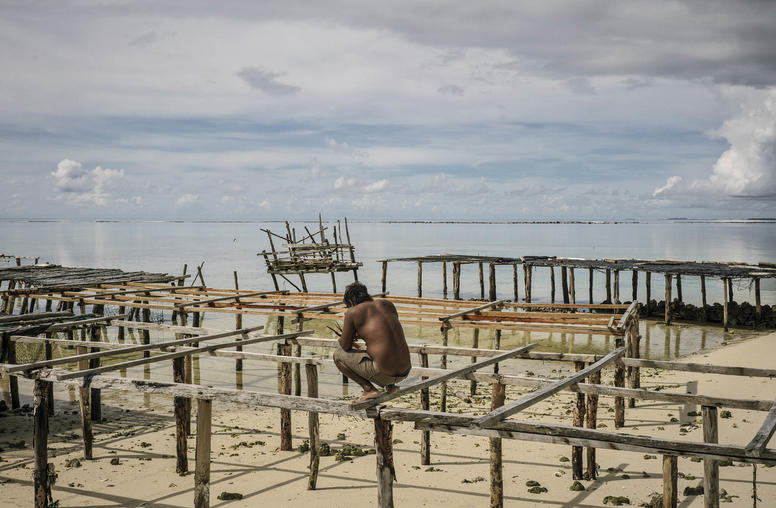
Climate Change and Conflict in Solomon Islands
Solomon Islanders are used to weather changes — so much so that oral histories of past disasters and environmental changes inform current responses. I remember listening to people in the town of Nea describe how a tsunami roughly 150 years ago showed a similar pattern as one that occurred in 2013, which meant they now knew where, when and how to evacuate based on Indigenous knowledge of history.
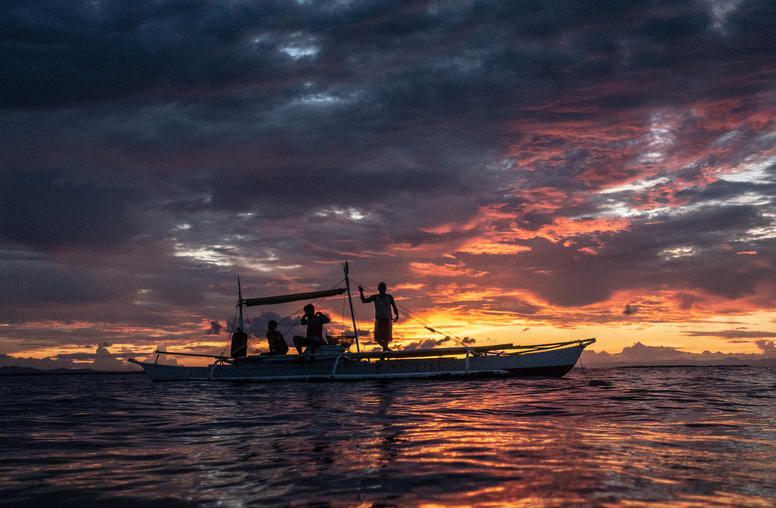
For the Philippines, Maritime Security Goes Beyond U.S.-China Rivalry
Maritime security is a critical issue for Southeast Asia and the geopolitical underpinnings of this topic cannot be underestimated. This is especially the case for small powers as they navigate a maritime domain that is caught in the middle of — and driven by — great power politics. While maritime security in Southeast Asia is often the stage on which the U.S.-China competition plays out, this extends beyond the competing claims of regional states in the South China Sea, with important environmental and resource issues also at stake. Within this context, the Philippines is in a unique position for three reasons.
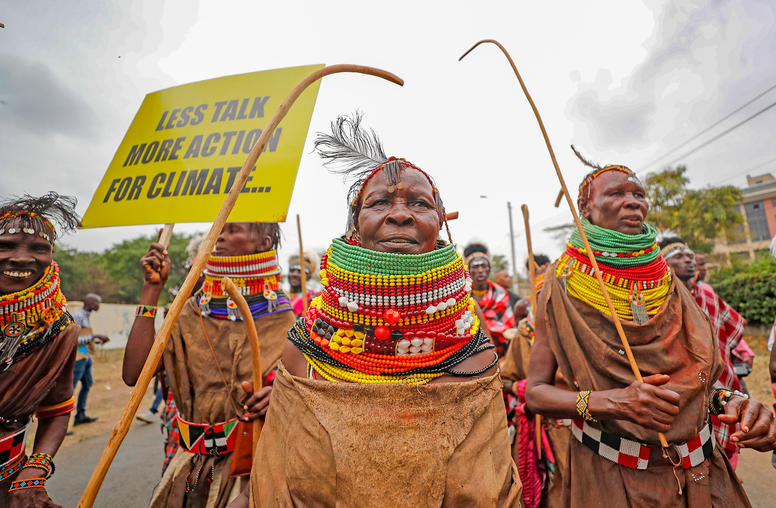
Pragmatic Peacebuilding for Climate Change Adaptation in Cities
The Intergovernmental Panel on Climate Change stated in 2020 that the effects of climate change are already a reality, especially in cities, where they have “caused impacts on human health, livelihoods and key infrastructure.” Climate stresses like heat waves, floods, air pollution, and storms have the potential to exacerbate political tension and fuel violence in urban settings. To address these dynamics, this report discusses what climate change practitioners can learn from the peacebuilding field to help cities adapt more effectively to the coming climate crisis.
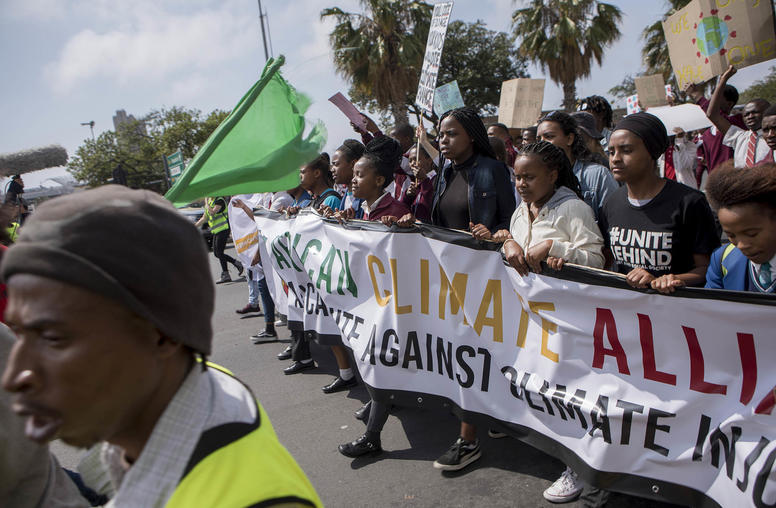
In Earth’s Climate Crisis, Africa Demands a Fairer Sharing of Costs
Earth’s intensifying storms, heat, droughts and floods underscore that humanity is falling behind in its race against climate change. With global powers and institutions still debating how to transform economies and share the costs of surviving a destabilizing climate, the planet’s most vulnerable continent managed partial advances this month toward a regional consensus. The first-ever Africa Climate Summit amplified demands for a robust, fairer collective response to a warming planet — but fell short of forging a unified African position. Critically, it missed a chance to outline a strategy for dealing with the combined impacts of climate and violent conflicts.
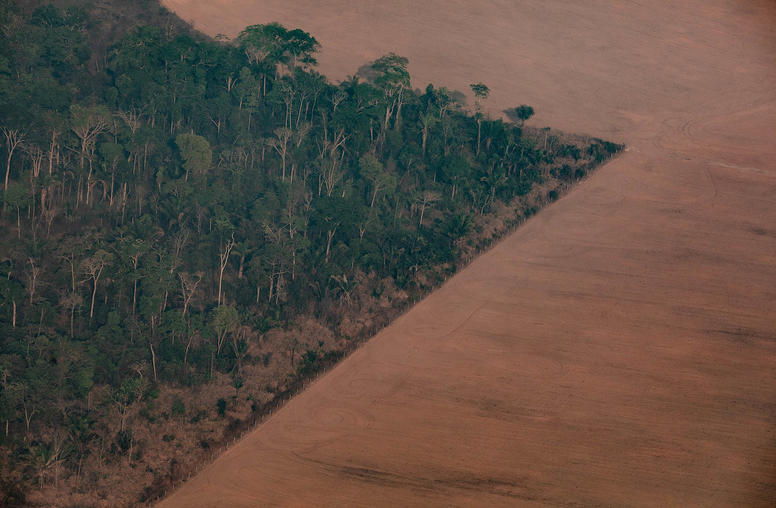
To Protect the Amazon, Target Transnational Criminal Networks
Earlier this month, Brazilian President Luiz Inacio Lula da Silva, often referred to as “Lula,” resurrected the moribund Amazon Cooperation Treaty Organization (ACTO) with the group’s first summit in 14 years. Originally formed in 1995, ACTO was intended as a regional forum for its eight member-states to coordinate efforts to protect the Amazon rainforest. But prior to this month's meeting in Belém, Brazil, the organization had been mostly dormant since Lula’s first stint as Brazil’s president ended in 2010.
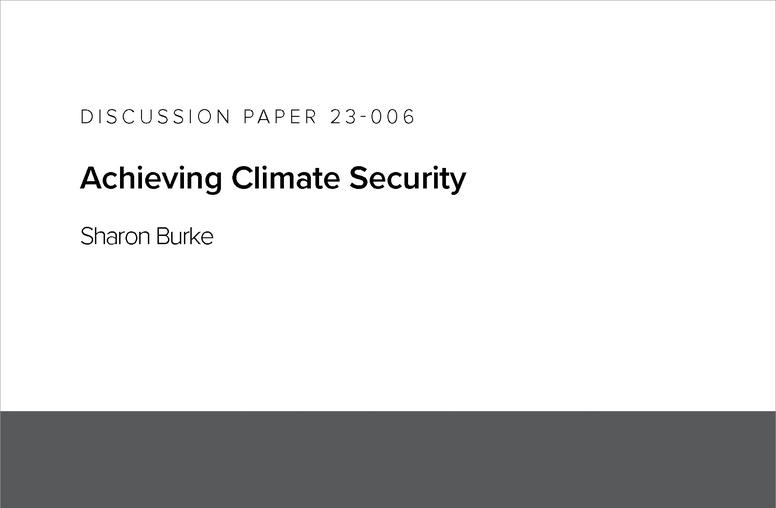
Achieving Climate Security
The ambition of civilian leaders at the Pentagon to bring climate security policy to scale quickly is running into the shoals of a peculiar reality: climate security as a concept is not well defined and controversial, even as climate impacts on societies are mounting. There is clearly a connection between the effects of a changing climate and security—security both in the broadest sense of the safety and well-being of human societies and in the narrower sense of threats to civil order—but there is insufficient climate security research and analysis to guide policy.